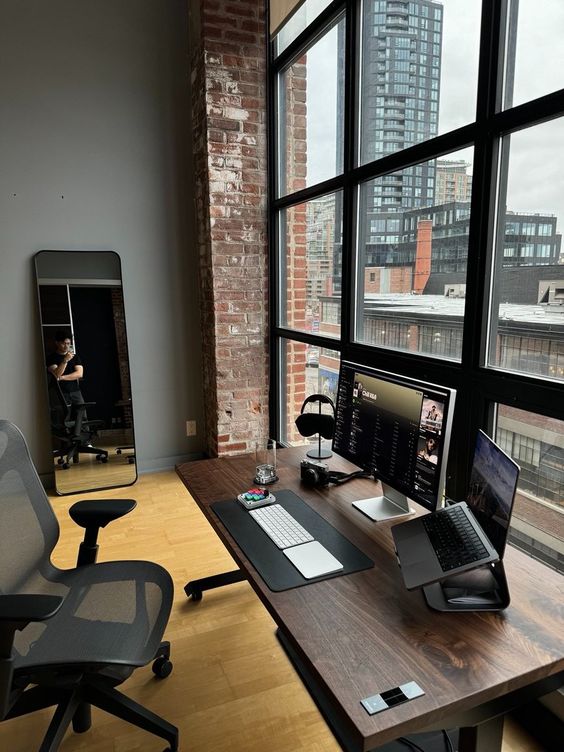For the past few years, I’ve been on a journey to improve myself. I’ve tried to build good habits and get rid of the ones holding me back. To stay on track, I started journaling daily and keeping logs of what I was doing—both the good and the not-so-good. But even with all this data, it wasn’t always easy to see the patterns.
That’s when I decided to use AI. I asked ChatGPT to help me look at trends from my last year of journaling to figure out what made for a productive day versus an unproductive one. The insights were eye-opening.
What Makes a Productive Day
Morning Routine
On my most productive days, I noticed one thing almost always started my day off right—a solid morning routine. Sometimes, it was as simple as making pancakes or going out for breakfast. Those small actions seemed to set a positive tone for the rest of the day.Physical Activity
Hitting the gym consistently played a big role in boosting my energy and focus. On gym days, I felt more motivated to tackle the rest of my tasks.Social Interactions
Whether it was catching up with my dad or hanging out with friends, positive social interactions made a big difference. They left me feeling more energized and happy.Purposeful Work
When I worked on things I cared about, like my startup or projects for clients, I felt accomplished. Meaningful work gave my day a clear sense of purpose.Reflection and Meditation
Taking time to meditate or reflect on my goals helped me stay focused and intentional. Those days felt more aligned with what I wanted to achieve.
What Brings on an Unproductive Day
Poor Sleep
Late nights, sleeping in, or restless sleep had a clear link to unproductive days. I’d wake up groggy and feel out of sync all day.Too Much Screen Time
Spending too much time on my phone, especially first thing in the morning, derailed my focus. Scrolling aimlessly made it harder to get back on track.Unplanned Eating
Not eating well—or even worse, skipping meals and getting “hangry”—messed with my mood and energy. It was harder to stay productive when I wasn’t fueling my body right.Lack of Planning
Days without a clear plan often felt wasted. Without direction, I’d drift from task to task without making real progress.Negative Events
External stress, like getting a speeding ticket or having a tough conversation, often threw me off my game.
How AI Helped Me Improve
Looking at this data, it all started to make sense. In the moment, it’s easy to feel stuck in a rut without knowing why. But when I saw the patterns, it became much clearer. I realized that productive days weren’t random—they were the result of specific actions and habits.
Now, I’ve reworked my routines to include the habits that help me succeed and avoid the ones that drag me down. For example, I’ve prioritized getting to bed earlier, limiting morning screen time, and planning my day the night before.
Using AI to analyze my habits has been a game changer. It’s like having a personal coach that shows me how to work smarter, not harder. I highly recommend tracking your habits and reflecting on them—you might be surprised by what you learn about yourself.
For me, this isn’t the end of the journey. I’m excited to keep tracking, analyzing, and optimizing to see how much more I can improve. If you’re looking to level up your life, this might be the tool you didn’t know you needed.


